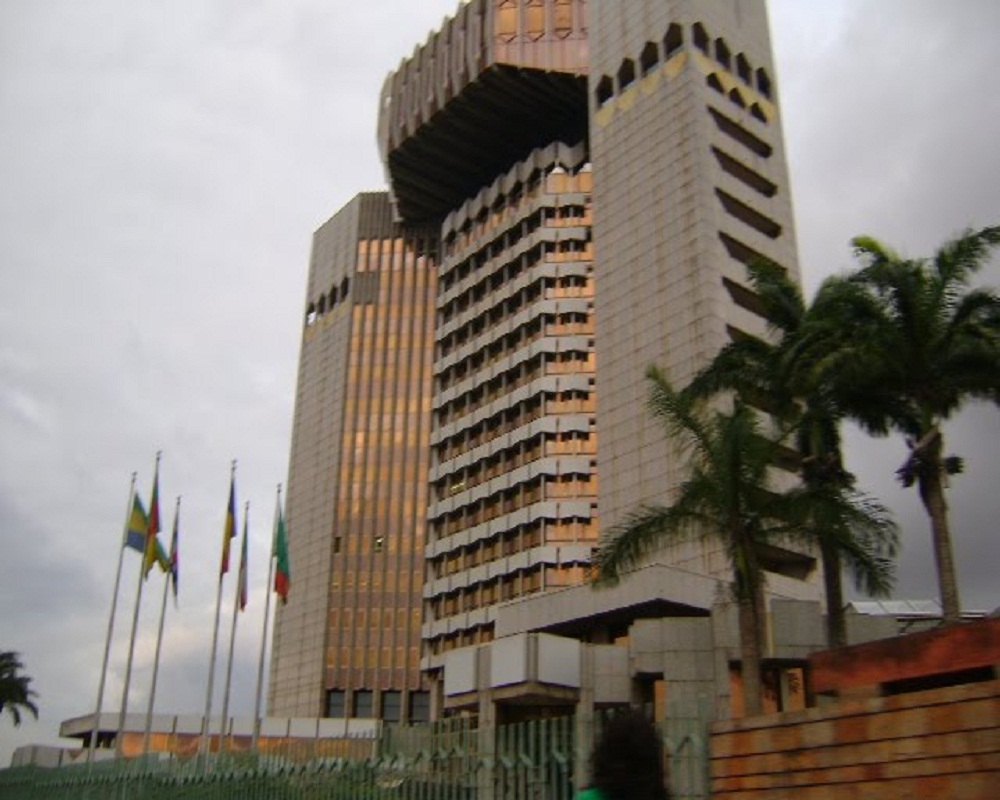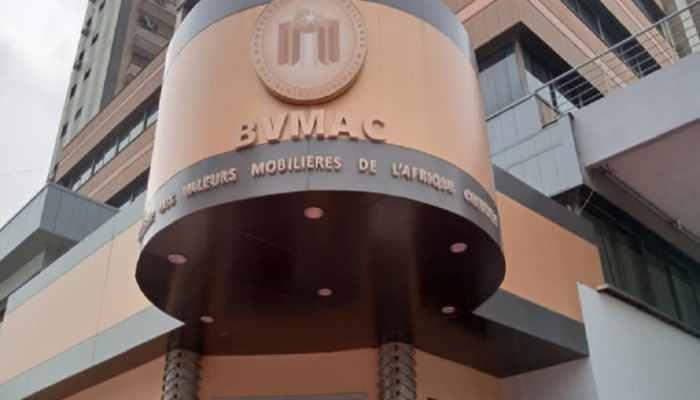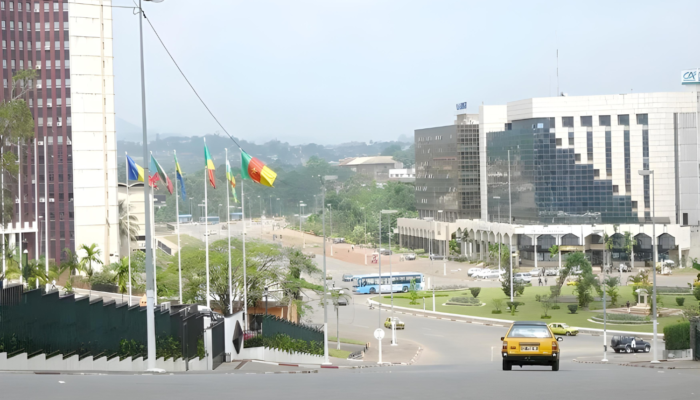Experts from the African Energy Chamber demand the suspension by the Bank of Central African States (Beac) of the new foreign exchange regulations before their entry into force on January 1, 2021. A decision that would make it possible to fight for decent and paid jobs in the African energy sector.
In March 2019, in fact, a new currency regulation was adopted by the member countries of the Economic and Monetary Community of Central African States (CEMAC). These States namely Gabon, Cameroon, Republic of Congo, Equatorial Guinea, Central African Republic and Chad, have mandated the Bank of Central African States (BEAC) to restrict foreign currency payments by individuals and companies in these member countries.

These key measures concern all transactions of more than 1 million FCFA (approximately USD 1,700) per month and per entity or person. Companies and individuals must now receive authorization from the BEAC before opening an account outside the region; foreign currency accounts domiciled in the region are now only possible with the express authorization of the bank.
The sub-regional financial institution also recently announced that it would levy an additional 0.5% tax on all transfers outside the CEMAC zone. Finally, the new regulations require that the product of exports of 5 million FCFA and more, be repatriated within 150 days from the date of export.
According to the African Energy Chamber (the voice of the energy sector in Africa), these measures are insufficient, unrealistic and unlikely to boost sustainable development. “We need businesses that can be competitive and create well-paying jobs. For that, we do not need restrictive regulations like the new regulations on currencies which must come into force in January 2021. Private companies, in particular in the oil sector, must be supported ”, indicates the press release of this institution.
While these experts understand the governments’ willingness to protect their declining foreign exchange reserves following the reduction in revenues from oil and gas revenues since the fall in oil prices in 2014 and the recent fall triggered by Covid-19, the African Energy Chamber stresses, however, that “the new foreign exchange regulation is a bad and inappropriate response to these new market dynamics. It’s a trigger for more bureaucracy, corruption and it’s the ultimate job killer. “
The end of investments
The restrictions linked to the new foreign exchange regulations will lead to a drying up of foreign investment in Central Africa, according to African experts. Access to foreign finance for local businesses, which was already a challenge, now seems insurmountable. Foreign banks, hedge funds and other traditional and non-traditional lenders will not subject their investments to such restrictions. Foreign companies based abroad will continue to strengthen their position to serve the industry from abroad, to the detriment of local businesses and local jobs in the sector.
Recognizing the already dire prospects facing the region, the central bank reduced interest payable on its tender loan facility to 3.2% from 3.5% among other measures, with the aim of injecting 500 billion FCFA in the economy. The bank also recommended member states turn to both the International Monetary Fund and the World Bank for financial support against covid-19 of up to $ 50 billion.





